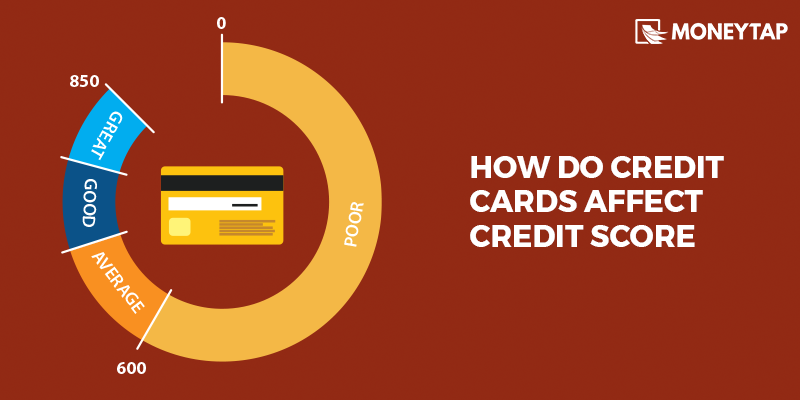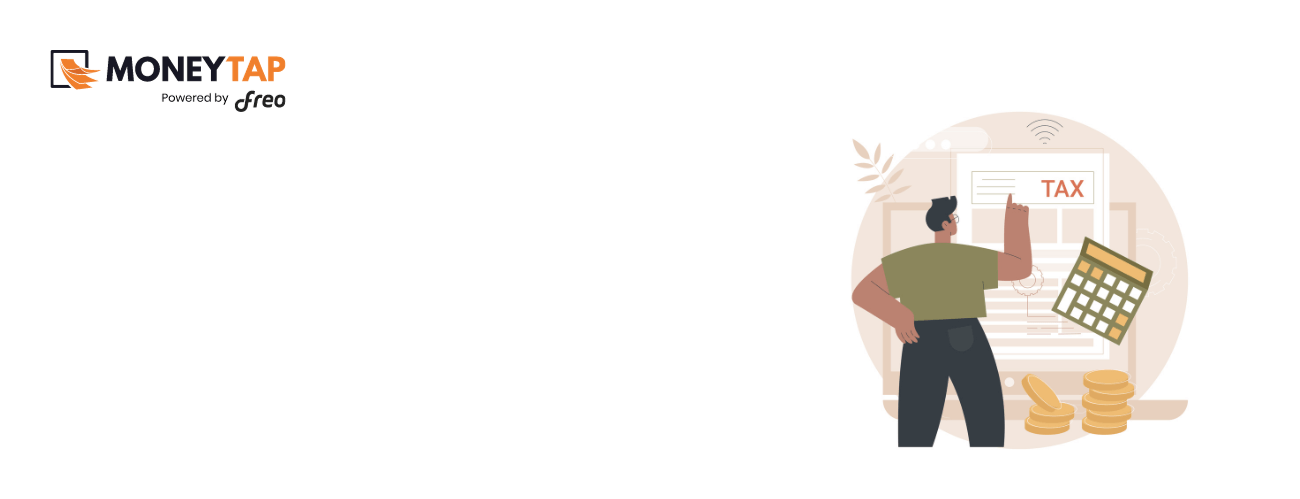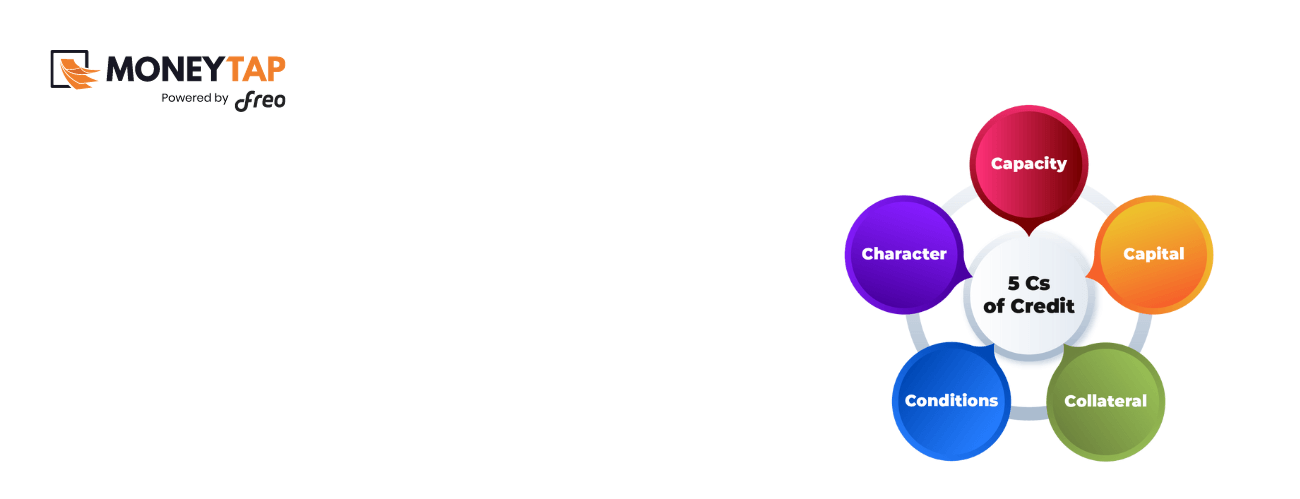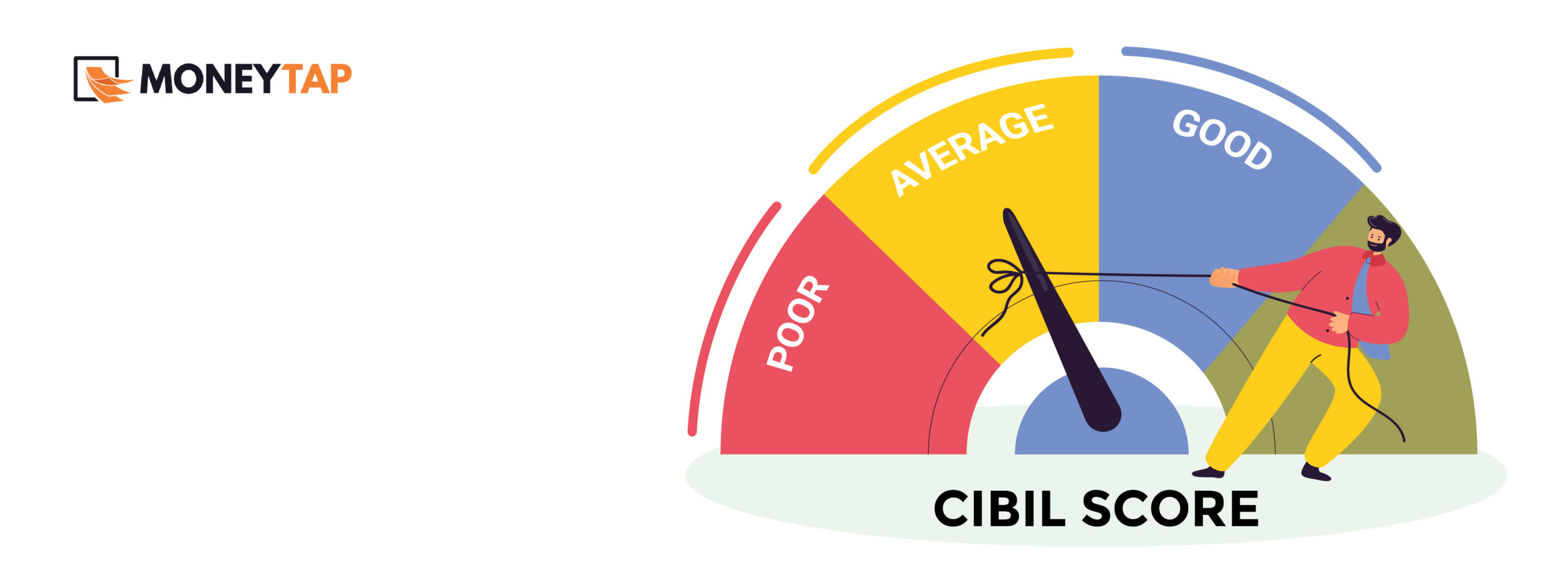Topic
- Around India with MoneyTap 1
- Consumer Durable 1
- Credit Cards 32
- Credit Score 27
- Finance 33
- General 52
- Know MoneyTap Better 26
- MoneyTap 50
- MoneyTap in Daily Life 38
- Personal Loan 86
- Shopping on EMI 4
- Wedding Loan 1
Credit scores play a major role in the ability of a credit issuing firm or a bank to assess an individual’s eligibility for a loan or credit card. TransUnion CIBIL or CIBIL, as most people recognise it, is India’s credit information company. All the information regarding your loan and credit cards is recorded by TransUnion CIBIL. The participating banks and credit institutions supply the information to CIBIL in the form of credit limits/high credits. This information helps in generating Credit Information Reports (CIR) and credit scores. The financial institutions share the customer information with CIBIL on a monthly basis.
Know Your Credit Score
Let’s say an individual, Rohit, has borrowed two different loans from two different banks and also has a credit card issued by a third bank. If Rohit decides to apply for a second credit card from a fourth bank or any other credit card company, he will have to mention about his existing loans and credit cards in the application form. To process his application, the credit card company will scrutinise Rohit’s updated credit record, which is spread over multiple banks. This tedious work is simplified thanks to CIBIL. CIBIL has already gathered all of Rohit’s credit information from those banks and collated them. Upon request, CIBIL issues the Credit Information Report and CIBIL score. The CIBIL score usually ranges between 300 and 900; with 750 considered as the minimum score for approvals.
How is The CIBIL Score Calculated?
- Repayment History: The basic criteria for calculating the credit score is an individual’s loan payment history, which contributes 35% of the credit score. This makes repayment critical because a default, even for once, will have a negative effect on the score.
- Credit Consumption: This accounts for 30% to the CIBIL score. There are two criteria in this; total sanctioned credit and total credit utilised. The credit utilisation ratio is calculated as the balance that is outstanding on your credit cards and loans. If you have made the most use of the credit, then your profile will be considered as ‘risky’.
- Duration of The Credit: This makes 15% of the credit score. Loans for a longer period that have been handled promptly will reflect well on the CIBIL score.
- Balance of Credit: Just having a single unsecured personal loan does not help in bettering your CIBIL score. The ideal way to improve it is to have a good mixture of secured and unsecured loans. This makes up 10% of the CIBIL score.
- Inquiries: The other 10% is contributed by the credit checks run following any new loan application of yours. It’s important to not run too many credit checks through lender inquiries because that will have a bad impact on the CIBIL score.
Now that you know how the CIBIL score is calculated, the next step is to find out yours. The ideal way is to visit the official website of CIBIL. For a meagre amount, you can request your CIBIL report. Besides that, you can also find multiple options such as bi-annual subscription. But before you do, make sure you have your PAN details handy. Always provide legitimate details of your address, income etc. Besides the official website, there are secure third-party bureaus that let you check your credit score. However, it’s advisable to proceed with caution as you will be providing very sensitive information.
Leveraging Credit
Knowing your CIBIL score alone is the first step towards improving your credit worthiness. Your next step is to find ways to improve the score. A simple way to perk up that CIBIL score of yours is by using a credit card. But it has its pitfalls, which mostly are the consequences of the user carelessly piling up the debt. Such carelessness will lead to the CIBIL score taking a beating. Having said that, credit utilisation does affect the CIBIL score in the right way if the credit card bills are paid promptly.
Although banks mostly reject first time applicants with poor or no CIBIL score, for those who already have a credit card, there are certain simple yet effective ways to leverage your credit card to improve the credit rating:
- Utility Payments: Instead of using your credit card to purchase expensive goods, use it to make your monthly utility payments such as water bill, gas bill, electricity bill and telephone bills. These bills are relatively cheaper, hence, repayment should be easy. This will impact the CIBIL score positively.
- Prompt Repayment: Even though our friend Rohit has not paid the entire amount due from the credit card purchases he made on his trip to Sri Lanka, he has still managed to pay the minimum amount and well within the due date. Although his CIBIL score would’ve peaked had he paid the maximum amount due, the bank would still consider him a good credit risk.
Ways in Which Credit Cards Affect Credit Score
Now that you have set sail, the most important task of all is to improve your CIBIL score and not let credit cards affect the credit score. Besides ensuring timely repayment, here’s what you should do:
- The Problem of Plenty: Having too many credit cards will dampen your CIBIL report because the sum of all the credit limits/high credits, as reported by issuers to the bureau, results in a high unsecured to secured loan ratio.
- Unsecured Loans: Having no secured loans is also a drawback for pretty much the same reason that it leads to high unsecured to secured loan ratio.
- Minimum Due: Don’t let the minimum due of your credit card bills fool you because the lenders will still charge interest on the full amount that is due.
- Delayed Repayments: Missing repayment due dates is recorded in your credit history and can affect your credit score.
No Credit History? No Worries!
If you haven’t applied for a credit card or a loan previously, you may not have any credit score or credit report on your name. Not having a credit score can sometimes be a hindrance. Although unfair, this is the norm because to prove that you are capable enough to repay your credit, you first need to initiate a history. But this shouldn’t discourage you because there are ways of instigating that history: prepaid credit cards and a line of credit are 2 ways. Prepaid credit cards or secured credit card are a good start. MoneyTap’s personal line of credit with its user-friendly features can be another way to raise credit score. Use it judiciously for a year and see your credit score improve.











 Get it on playstore
Get it on playstore Get it on appstore
Get it on appstore